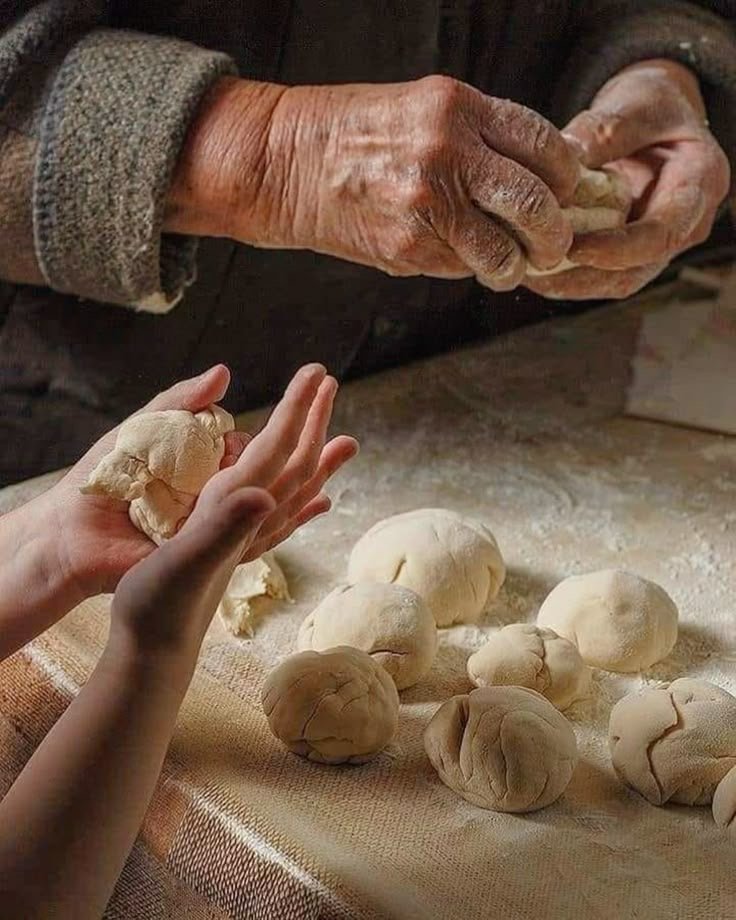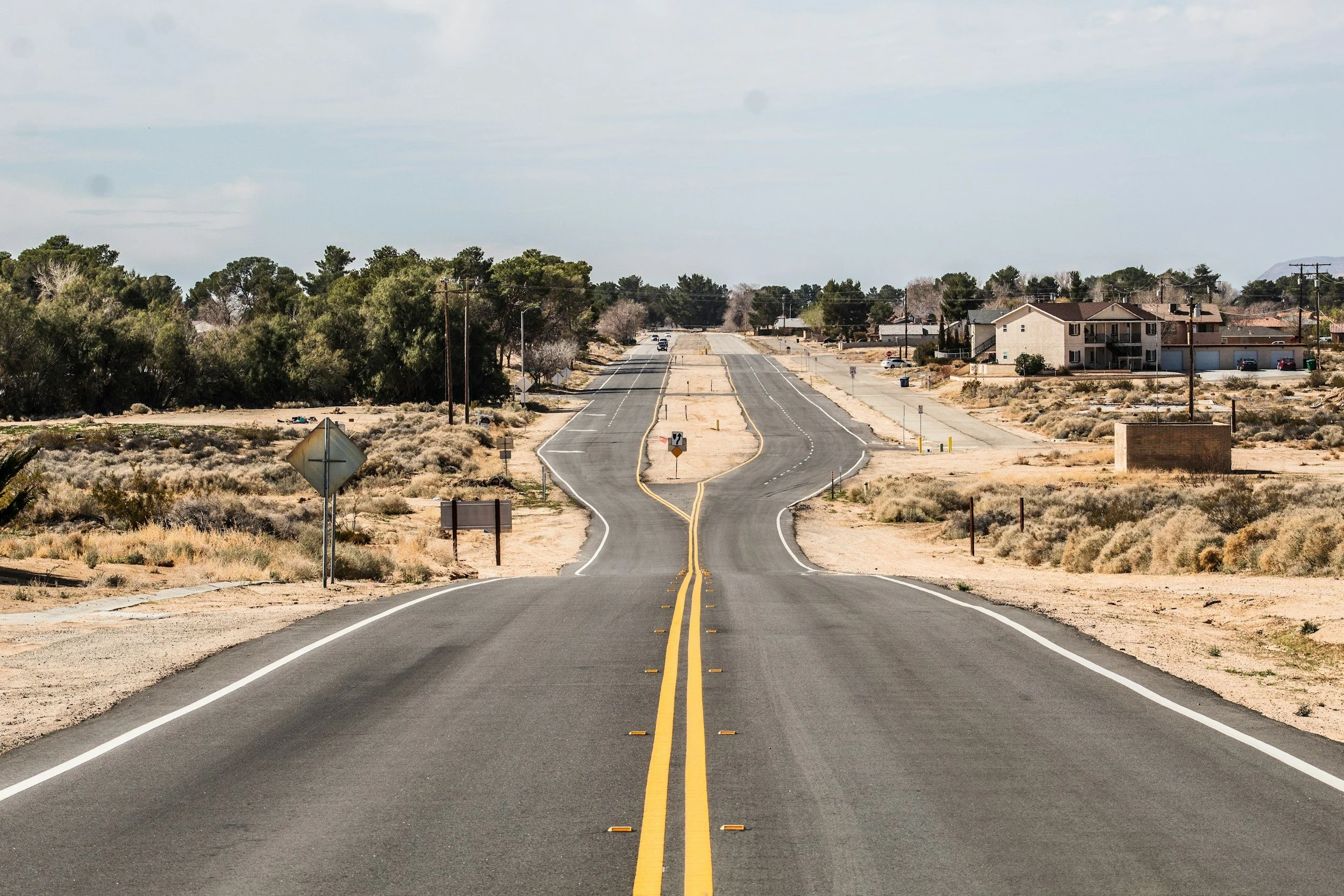The Anniversary
A lot can happen in ten years. You lose a baby, or choose to lose a baby. Though at the time, it doesn’t feel like a choice, more like a pre-ordained outcome. You spend time blaming everything outside of you—your OB, your job, your husband. Blame comes easily; it’s a ready distraction from the blame you hold close to you, like a secret. You were not brave enough, not in love with the baby enough, not selfless enough. When your water broke months too early, you panicked. You decided against hope.
For months following the hospital, you read about the women who chose to carry their babies. Many of them died, succumbing to one or more of the horrors the doctors listed, their voices knowing, certain. It was all of that suffering you didn’t want for her. But some of these babies you see online live, even thrive, their bodies whole and strong in photos their mothers post as a way to say, We were right all along. We were right to believe. Unlike these women, you couldn’t face the alternatives. You allowed the doctors to sway you with their bleak statistics. And even though you don’t use words like termination or abortion, that’s the choice you made.
After a couple of days, you leave the hospital. A week later, your milk dries up. Three weeks later, you start to work again, and by the time six weeks has passed, your body has healed. But then comes the bifurcation. Mother separates from child. Wife separates from husband. The you separates from the I. Life separates into before and after.
I go through most of the anniversaries of Olivia’s passing with a muted ache. Some years, I burn a candle for her; others, Rob and I toast to her with Ian, our son, at the dinner table, and then sit in silence for a moment. Yet others I let quietly pass without checking in or altering my daily schedule in any significant way. Most anniversaries are just a more somber version of what my daily life is following her loss. But this past one, the ten-year anniversary in March of 2017, is different.
“I want to go somewhere beautiful,” I tell Rob one day in early February. “Somewhere we’ve never been.” The specter of March hovers over us, as does Ian’s thirteenth birthday. We toss around some ideas. The Grand Canyon, the Grand Tetons, Sedona. I pull up images of Zion, see the pine trees mingle with the red Navajo sandstone. We charge our plane tickets to Vegas and book a lodge close to the park’s main gate. When we get there, we’ll hike and stroll; we’ll float in the pool; maybe I’ll write. I don’t assume the sadness will vanish, but maybe the sun and trees and red earth will create their own argument, a rhetoric of beauty that will lift the weight that’s pinned me to March of 2007.
The Virgen River, a tributary of the Colorado runs through three states and flanks the lodge’s property. Behind it rises the red sandstone peaks I conjure in my mind the days leading up to the trip. When we open our room’s patio door, we hear the river pound along its serpentine course, thousands of years in the making.
On our second night, I weave down the lodge’s path, past the pool and the firepit, past the picnic tables, to the sandy bank of the river. After a day of bumping up against hundreds of tourists waiting for the park tram and on the hiking trails, I’m surprised by the emptiness of the grounds. Which is what makes the following sight even more surreal: two women in white walking across the lawn toward me. One, the bride, wears a long, billowing dress that arcs over her hips. Her dark hair is pulled back in a chignon, and a spray of white flowers is tucked behind her ear. She’s arm-in-arm with another woman wrapped in a white bathrobe. I hear only traces of their conversation but see their smiles, broad and irrepressible. They both look like they’re in their twenties. A young man, the groom, jogs past me in his suit and red bow tie, smiles in my direction and disappears behind me.
To the left of us runs the river, which at this juncture, is a mere twenty feet wide. It’s robust, full with the force of snow run-off. The bride stands in front of a large boxwood tree. Her friend pulls on her train and fans it out behind her. The bride begins the work of posing for pictures, each pose exaggerated, comical, a gentle mockery of the models in glossy fashion magazines—her hips pushed forward, her mouth pouting, her chin thrust up. She’s all comic distance and bravado. Her friend coos and snaps away with her phone. After a few minutes, the groom joins them, a bottle of wine in his hand. All three take swigs and the couple spend several minutes striking goofy, dramatic poses against the tree. At one point, the groom dips his bride, and she squeals as she struggles to maintain her footing. I try not to stare at them in their triangle of ecstatic love, but I’m taken by their laughter, brimming with irony and joy and a little drunkenness as a new life stretches before them. I think about me and Rob, those early, euphoric days, having found each other after our first young and failed marriages, all of that promise of newborn love. And I can’t help but think, with both pleasure and sadness, how sublime it is to be tipsy on your wedding day, with the Virgen River surging behind you, the earth around you so old it will outlive you and your love.
That first night at Zion, I dreamt I lost a baby. In the dream, I felt a pulsing in my womb and something slid out of me. I was terrified, fearing that whatever came out of me wouldn’t look human. Rob reached under my skirt and pulled out a hand-sized fetus. Its limbs were tentacles; its head looked like a nautilus shell. “How can people call this a baby?” he said, letting it dangle from his fingertips. The clinic was staffed with college-aged women who seem unfazed by babies that look like monstrous sea creatures.
“How far along was I?” I asked one of the women.
“Twenty-four weeks, by the looks of it,” the staffer said. She reminded me of one of my high school students, young and pretty, her face not yet lined with worry.
But I knew she was wrong. Olivia was born at twenty-three weeks, and she looked nothing like this creature. She was human. I remember holding her, unwrapping her swaddle, and looking at her tiny, perfectly formed fingers.
It’s night now, and the bats are out. When I spot the first one, I think it’s a bird as it swerves and dives, a deranged sparrow. The bride, groom, and their bathrobed friend are gone. The moonlight is startlingly sharp.
Earlier in the day we had hiked to Observation Point, an eight-mile, 2,000 foot climb from the valley floor, and my legs feel rubbery and worn. Stretches of the trail had been carved out of the mountainside, and were unprotected by railing, the fall growing to 1,500 feet. We had decided earlier that morning against hiking the Angel’s Landing trail with its final, harrowing stretch poised on a thin mountain edge—a trail people had fallen from and died.
That trail had also felt treacherous. Ian and I clung to the mountain-side of the path, even though the trail itself was five feet wide with plenty of room to protect us from a stumble or misstep. We made a show of our fear. “Oh my god,” Ian would say. “Now that’s a drop.” I made my best scrunched up, terrified face and pretended to hyperventilate, just to make him laugh. Rob was slow and steady behind us. Despite the joking, I harbored a deeper fear, thought about the universe’s indifference. Ten years earlier, when I was pregnant with Olivia, I had feared the worst, as most mothers do, and the worst had happened. My fear had been confirmed, justified, my relationship with it forever altered.
By now, the bats seem delirious. Their swerving and lunging strike me as extravagant expenditures of energy. No straight lines to close the space between themselves and their prey, no gliding to conserve their strength, just the crazed choreography of echolocation. They dip and dart above me. I wonder what it would be like to send out energy waves to find what it is I can’t see, to look lost but not be.
A few weeks before Zion, on the tenth anniversary of Olivia’s death, Rob and I had called in sick to the school where we both teach. We weren’t sure what we wanted to do, but I knew I couldn't be in the classroom, and I didn’t want to be at home. For a brief moment, I thought about spreading Olivia’s ashes, but I didn’t know where, nor did I think I could let them go. Eventually we decided to go to a church, although I was no longer religious, and Rob never had been. Neither of us had been to Grace Cathedral before. I wasn’t sure what we’d do exactly, or whether the space would be a balm, but we didn’t have anywhere else to be.
Late in the morning, we made the thirty-minute drive to San Francisco. A foggy marine layer draped itself over the city. With our heavy winter coats on, we trudged up Sacramento St. in silence. Inside, the church was dark, its thick columns flanked by tall, thin, stained glass windows which cast a faint, blue glow over the pews. A dozen or so people milled about the church, lighting candles in alcoves, gazing at the stained glass, kneeling in the pews. A woman and her teenage son were in the back of the church walking the labyrinth, a circular maze inlaid into the church floor.
I knew of the labyrinth from the church’s website, knew that it was a replica of the Chartres Labyrinth in France built in the thirteenth century. According to the site, it was used as a meditation tool and helped its journeyers pass through three stages of consciousness: the release of daily distractions, the illumination of new insight in the maze’s center, and union with a higher power. I hadn’t necessarily planned to walk it, thought I might just observe those who did. I didn’t believe in epiphany and union with a god now seemed foreign to me.
Rob and I stood at the labyrinth’s entry. I decided to walk it. He followed me in a few minutes later. During the ten minute journey, we walked the same path, though not together. Sometimes the winding maze took us away from each other; sometimes it brought us so close I thought I might collide with him. But before that could happen, the path would bend.
Later that afternoon, once we are home, I will tell him things I haven’t told him before. You were not crazy. My heart was hardened. I was not open with you. All of those years, I felt lost. I will tell him about my blind flailing, which runs deeper than I can capture in words. Flailing doesn’t involve words, just a lunging toward anything that obliterates the pain, if only for short stretches of time. He says he understands. He holds onto me.
The Zion sky is now dark, and I can’t see the bats anymore. Twenty minutes earlier, I had texted Rob to bring Ian down to the river so he could see them, but they take a while, and I wonder if I gave them bad directions. By the time they get to me it’s too dark to see anything, and the chill has sharpened into cold. We say, Too bad, maybe tomorrow night. Ian’s only mildly disappointed. He’s still talking about the day’s hike, the towering summit, how he had to control his tremulous fear of heights. And besides, the bats have given way to the stars glinting above us.
We decide it’s time to head inside, so we hustle up the path that winds around the pool and the fire pit, past the garden and lodge’s western building, and up the stairs. We open the door to our room, which is light and warm, where we all will sleep, Ian in his bed, Rob and I in our own. We will listen to each other breathe and dream.
-Genevieve Thurtle
Genevieve Thurtle is a writer who lives in the San Francisco Bay Area. Her work has been published in The Sun, Crazyhorse, Bodega, and Brain Child, among other magazines. She holds an MFA from Vermont College of Fine Arts, and she is currently working on a memoir titled An Elegy for All Small Souls.





















